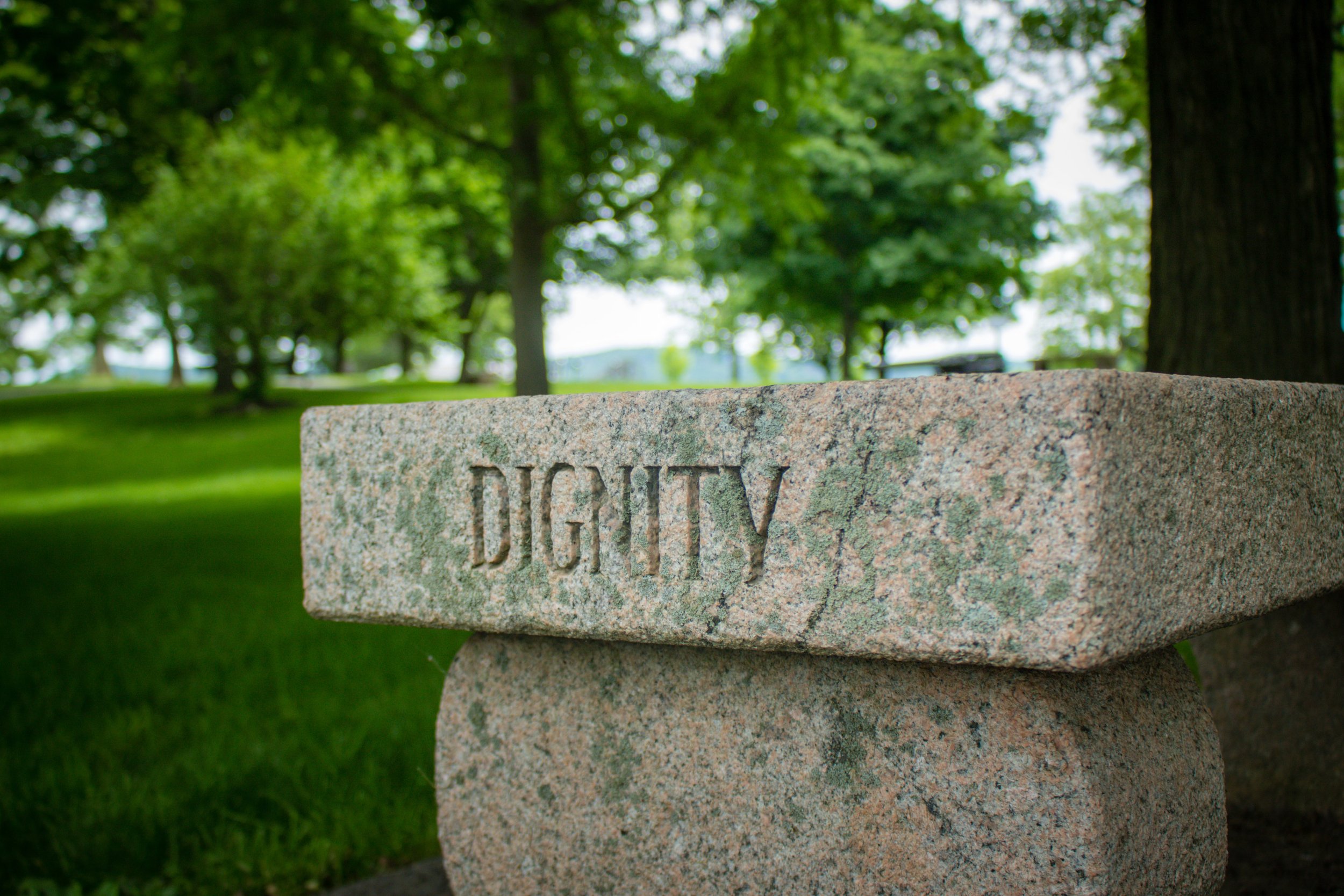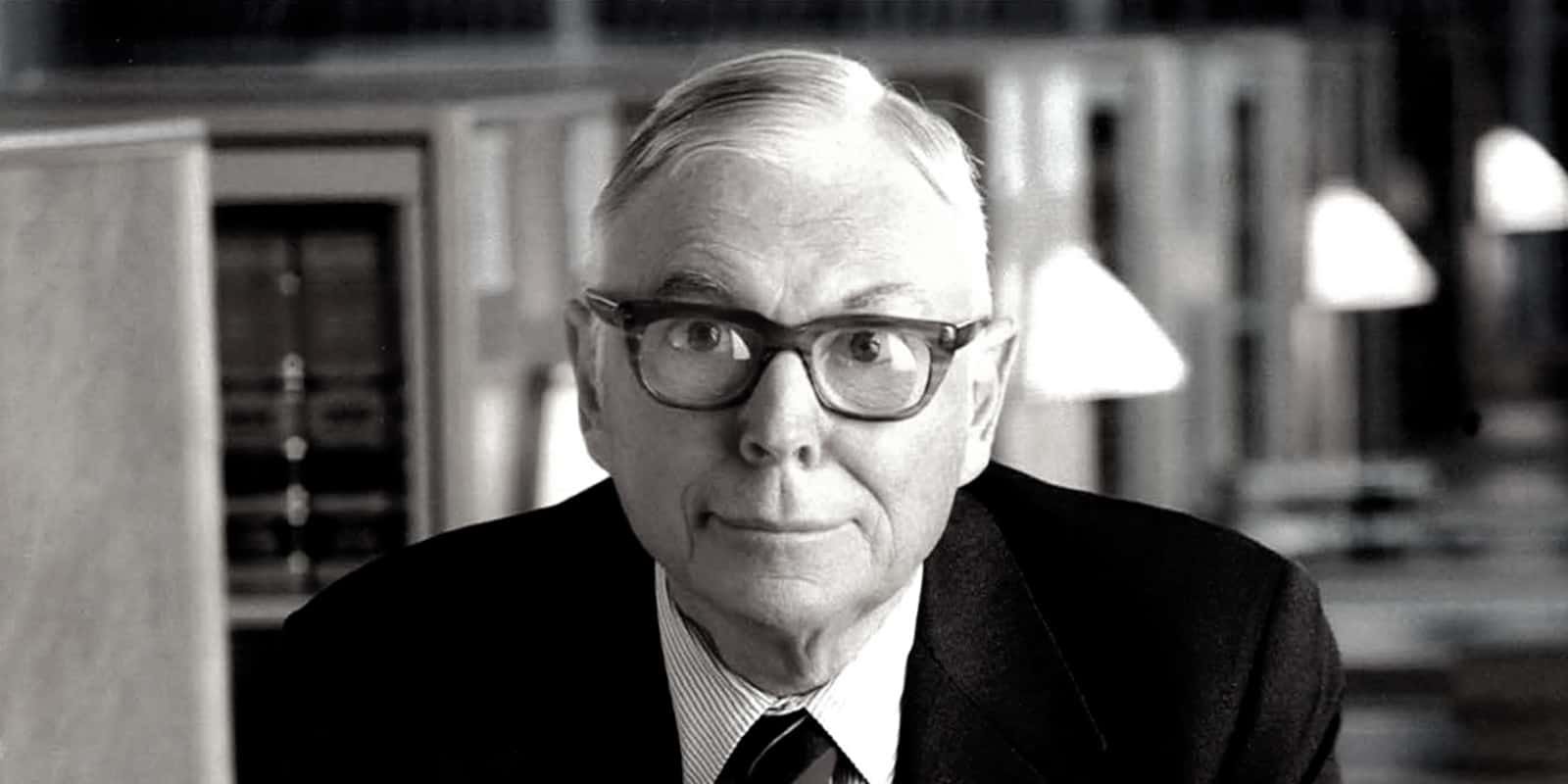When was the last time you felt truly fulfilled? When your life felt meaningful and rewarding or aligned with some deeper purpose or motivation?
According to Cortland Dah, few things are as central to our physical health or psychological well-being as a sense of purpose. He said that our sense of purpose shapes how we feel about ourselves and our lives.
Creating a compelling vision of the life you want is actually one of the most effective strategies for achieving the life you want to pursue. It is like a compass that will guide you to ensure that your actions and choices are aligned. It gives us the strength to persevere when we start to lose hope and to find meaning in the meaningless details of our daily routines.
For every new year, one of my favorite planning sources that I use is the one shared by Taylor Pearson, an Antifragile Planning: Optimizing for Optionality. Planning timelines continue to be shorter and shorter. More than ever, we need to adapt faster, in an agile way, and show flexibility in a constant change environment. For these cases, optionality, a concept explained by Nassim N. Taleb in his book Antifragile, gives us an open door to embrace these opportunities.
If you “have optionality,” you don’t have much need for what is commonly called intelligence, knowledge, insight, skills, and these complicated things that take place in our brain cells. Because you don’t have to be right that often. All you need is the wisdom not to do unintelligent things to hurt yourself (some acts of omission) and recognize favorable outcomes when they occur.
— Nassim N. Taleb
Asking yourself the right questions can give you clarity for your long-term goals and what you really want to accomplish.
Understand that anything worthwhile can take a long time. In a world where we have more and more distractions, focusing is increasingly essential.
What are your goals for this new year? Asking yourself the right questions is a good start.



















